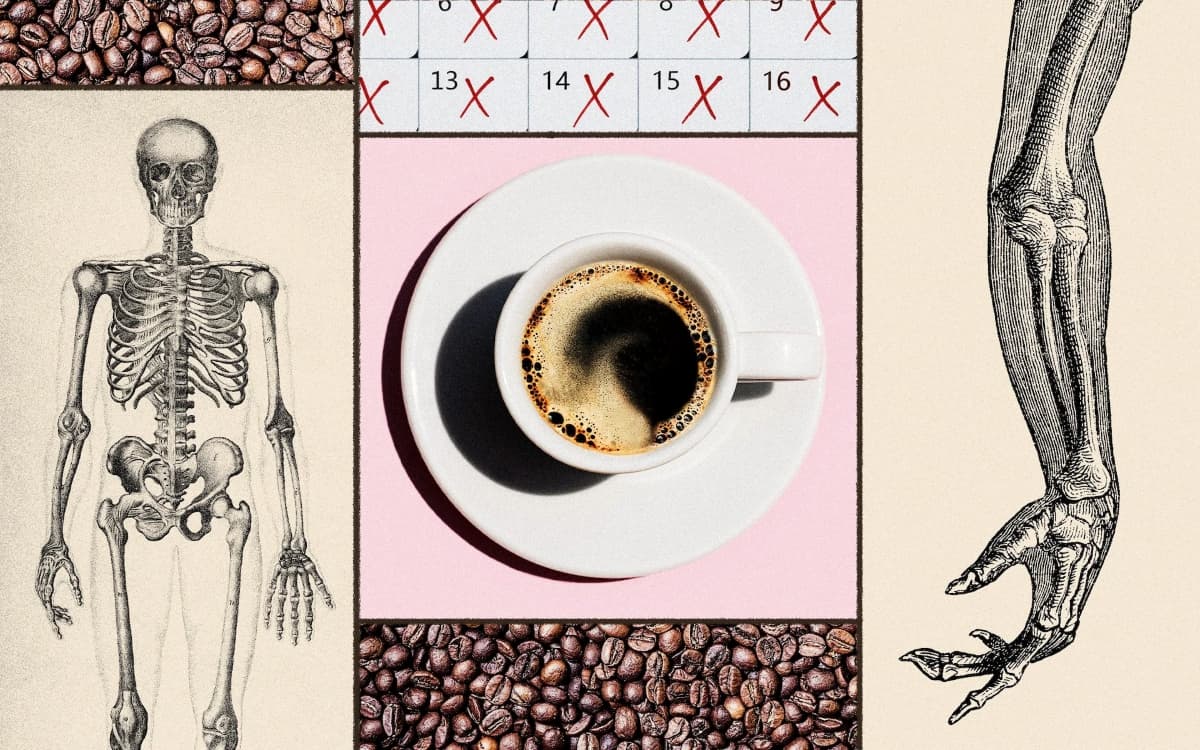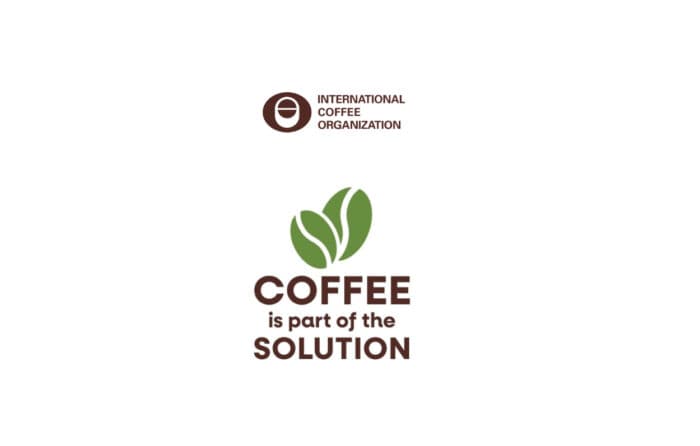Dubai – Qahwa World
A recent study published in the European Journal of Nutrition has revealed that drinking between four to six cups of coffee a day may be associated with a lower risk of frailty among older adults — suggesting that this beloved beverage could play a greater role in maintaining health as we age.
According to the study, coffee has for centuries been linked to its distinctive aroma and ability to boost alertness. Today, however, researchers affirm that its impact goes beyond that — potentially helping to strengthen the body as it grows older.
Based on data from the Longitudinal Aging Study Amsterdam, which followed more than 1,100 individuals aged 55 and above for seven years, the research found that those who regularly drank between four and six cups of coffee per day were less likely to be classified as frail than those who drank two cups or fewer.
The researchers measured frailty using the Fried Frailty Phenotype, which evaluates five major indicators: unintentional weight loss, fatigue, reduced muscle strength, slow walking speed, and low physical activity.
The analyses showed that:
Those who drank more than four cups daily had about a 60% lower likelihood of being frail compared to those who drank fewer than two cups.
Those who consumed between two and four cups daily also showed a reduced long-term risk of frailty.
A clear decrease was observed in cases of muscle weakness and unintended weight loss among regular coffee drinkers.
Although the study does not prove that coffee directly causes lower frailty rates, it provides strong evidence of a protective link that merits further scientific investigation.
Why Coffee Might Help?
Scientists believe the secret lies in coffee’s rich composition of bioactive compounds. Coffee contains polyphenols, antioxidants, and caffeine, which help combat inflammation and oxidative stress — two key processes that accelerate ageing and weaken muscles and tissues.
Coffee also supports heart and vascular health, improves metabolism, and boosts physical activity, making it a potential factor in maintaining physical resilience and delaying age-related decline.
The Importance of Caution
Experts emphasize that these findings are observational and do not provide definitive proof of a cause-and-effect relationship between coffee consumption and reduced frailty risk. Other lifestyle or dietary factors could influence the results.
The researchers also noted that a “cup” in the study was defined as 125 milliliters, smaller than the typical serving size in many countries. Therefore, moderation is advised, and coffee intake should not exceed 400 milligrams of caffeine per day — equivalent to three to five cups — as recommended by the European Food Safety Authority.
The effects of coffee may vary depending on individual health conditions and caffeine tolerance. It is therefore advisable to consult a doctor before significantly increasing daily intake, especially for those with sleep disorders, heart problems, or anxiety.
This study adds a new chapter to the long and storied history of coffee. From the rituals of Sufi monks in Yemen to the cafés of Europe and the Arab world, coffee has long symbolized cultural and spiritual connection. Today, it seems to offer yet another dimension — the potential to support healthy ageing.
The researchers concluded that moderate coffee consumption is associated with improved physical health and a lower risk of frailty among older adults, reinforcing coffee’s position as a drink that unites both pleasure and benefit. Coffee, it seems, is not only a source of warmth and flavor — it may also be a companion to good health and a path toward an active, independent old age.

